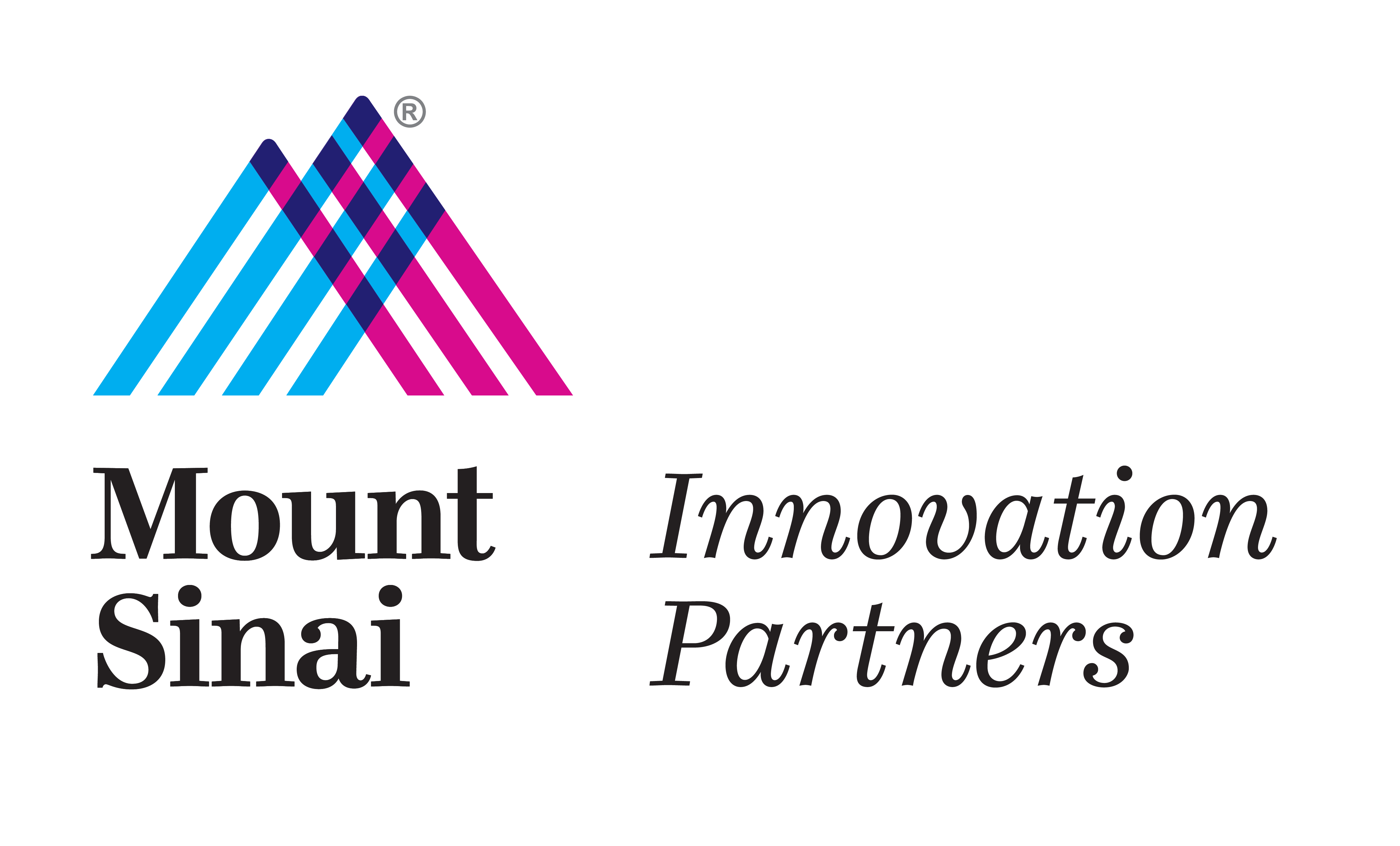Mount Sinai School of Medicine and PATH Agree To Collaborate on Novel Influenza Vaccine Research
July 16, 2012July 16, 2012 – Mount Sinai School of Medicine (MSSM) and PATH have reached an agreement to partner on new vaccine research aimed at eliciting broadly-protective immunity against influenza viruses. The collaboration seeks to develop promising influenza vaccines that can be made available and affordable to people in lower-resource countries.
The agreement calls for PATH to provide US$1.1 million in funding and support to the laboratories of Professors Peter Palese and Adolfo García-Sastre of MSSM to test various vaccine candidates in preclinical studies to assess their potential. The project will focus on the development of novel vaccine constructs, designed to target conserved neutralizing epitopes of influenza hemagglutinin, which are expected to provide extended defense against influenza viruses and reduce the need for annual vaccination.
At MSSM, Dr. Palese serves as the Chair of Microbiology and Dr. García-Sastre as Director of the Global Health and Emerging Pathogens Institute, in addition to both being Professors of Microbiology and Infectious Diseases. Their area of expertise is dedicated to RNA viruses, especially influenza, with a focus on how various microbiological techniques affect the ways viruses interact with cells to cause disease.
Through its influenza vaccine project, PATH collaborates with private and public-sector partners to advance the development of promising new influenza vaccines that can be affordable and accessible for people in low-resource countries. The project focuses on novel technologies.
“We are pleased to be collaborating with MSSM to advance vaccine research that could help elicit long-lasting immunity against the broad spectrum of influenza viruses,” said Dr. Kathleen Neuzil, Director of PATH’s influenza vaccine project. “Broad-coverage vaccines, if successful, could be critical for controlling influenza outbreaks, particularly in the developing world where annual influenza vaccination programs will be particularly challenging.”
“Partnering with PATH on the development of new influenza vaccines is a significant milestone for MSSM and its researchers,” said Teri F. Willey, Vice President, Mount Sinai School of Medicine, Technology and Business Development. “This collaboration may not only yield new influenza vaccines, but will also ensure these vaccines are available wherever they are needed.”
About The Mount Sinai Office of Technology and Business Development
The Office of Technology and Business Development (OTBD), as part of The Mount Sinai School of Medicine (MSSM), facilitates the transfer of discovery from the laboratory to the marketplace, acting as the interface with commercial entities.
OTBD is responsible for the full spectrum of commercialization activities required to bring MSSM’s inventions to life. These activities include evaluating, patenting, marketing, and licensing new technologies, while also negotiating various agreements for sponsored research, material transfer, and confidentiality. Through Blue Mountain Technologies, OTBD also utilizes MSSM’s growing portfolio of molecular diagnostic reagents to assist partners with advancing research and commercialization.
About PATH
PATH is an international nonprofit organization that transforms global health through innovation. PATH takes an entrepreneurial approach to developing and delivering high-impact, low-cost solutions from lifesaving vaccines and devices to collaborative programs with communities. Through its work in more than 70 countries, PATH and its partners empower people to achieve their full potential. For more information, please visit www.path.org.
About The Mount Sinai Medical Center
The Mount Sinai Medical Center encompasses both The Mount Sinai Hospital and Mount Sinai School of Medicine. Established in 1968, Mount Sinai School of Medicine is one of the leading medical schools in the United States. The Medical School is noted for innovation in education, biomedical research, clinical care delivery, and local and global community service. It has more than 3,400 faculty in 32 departments and 14 research institutes, and ranks among the top 20 medical schools both in National Institutes of Health (NIH) funding and by U.S. News and World Report.
The Mount Sinai Hospital, founded in 1852, is a 1,171-bed tertiary- and quaternary-care teaching facility and one of the nation’s oldest, largest and most-respected voluntary hospitals. In 2011, U.S. News and World Report ranked The Mount Sinai Hospital 16th on its elite Honor Roll of the nation’s top hospitals based on reputation, safety, and other patient-care factors. Of the top 20 hospitals in the United States, Mount Sinai is one of 12 integrated academic medical centers whose medical school ranks among the top 20 in NIH funding and U.S. News and World Report and whose hospital is on the U.S. News and World Report Honor Roll. Nearly 60,000 people were treated at Mount Sinai as inpatients last year, and approximately 560,000 outpatient visits took place.
For more information, visit https://www.mountsinai.org/.
Find Mount Sinai on:
Facebook: https://www.facebook.com/mountsinainyc
Twitter @mountsinainyc
YouTube: https://www.youtube.com/mountsinainy

